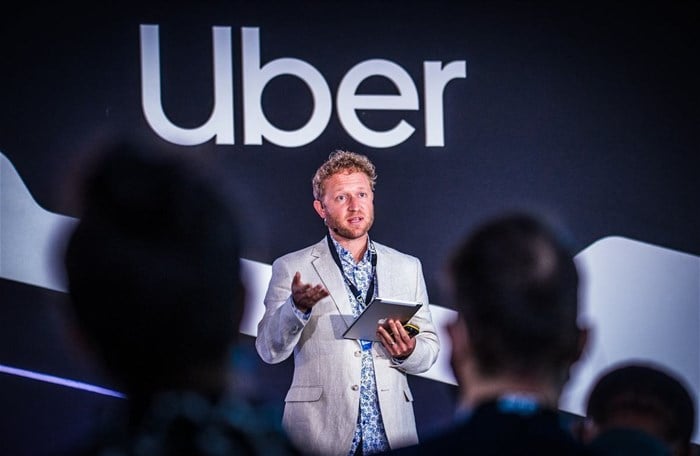With 2021 in full swing and the economy slowly adjusting to new realities, many businesses need to relook their offerings to suit the changing needs of their consumers and communities.

Frans Hiemstra
While some businesses, especially in the retail sector, may sadly never reopen, the survivors find themselves doing business in a new world of partitions, mandatory masks, temperature checks and sanitiser stations. A key question remains: Has the way apps operate like Uber and Uber Eats operate changed forever?
The answer is yes! However this isn’t a bad thing and in 2021, businesses like Uber will continue to adapt to the current needs to provide solutions for consumers and earnings opportunities for people across Africa, even in post-covid times.
Navigating through challenging times
Almost a year into the global pandemic and the world before is but a fragrant reminder of why adaptability is a necessity. While e-Commerce and food delivery has been growing in popularity, 2020 showed significant growth as it has become a popular medium by which the new normal exists. Now, it isn’t just about the product, but quick access and contactless delivery which was a natural move for Uber.
Leveraging its logistics technology and network of drivers, Uber was able to move easily into the logistics and delivery space. The pandemic accelerated the speed of these offerings by growing the portfolio in other industries outside of transportation with Uber Connect (C2C packaged delivery) and Uber Eats essentials.
People couldn't move which meant drivers weren't able to earn, which is why our fast adaptation of these product offerings was crucial. Not only could we support our community of drivers by offering financial assistance to drivers who have been placed on quarantine by a medical professional, but we could also easily surface opportunities for drivers with Uber Eats and Uber Connect, which we will invest in further this year based on its success.
Responding to local needs
In the past seven years, ride-hailing has seen tremendous growth in Africa and has contributed to enhanced road safety and personal safety as people now prefer to get into a vehicle where they know that their driver has been screened, can be identified easily, and each trip is traceable on GPS, backed by 24/7 in-app assistance.
In our experience, we have seen the importance of adapting to customers’ needs as well as supporting and complementing the existing public transportation infrastructure. For example, working hand in hand with Africa’s thriving innovation community such as Zindi, SANRAL, the Stellenbosch University, University of Nairobi, among others has been a critical component in achieving this objective. A key focus has been the leveraging of technology to develop smarter mobility options for a growing and thriving region.
With the continued uncertainty, Covid-19 continues to impact the way people move around especially when it comes to social distancing and using shared vehicles. In response to this, we launched several features to keep people safe such as a Covid-19 safety checklist which riders and drivers must acknowledge before going online, using mask verification technology to ensure both drivers and riders are wearing a mask, providing sanitisers, adding new safety feedback, to name a few. We also limited the seating capacity of each option to encourage physical distancing between riders and drivers.
Innovative regulations to survive in times of crisis
We predict that these technological trends will continue moving faster than regulation. In order for the government and economies to reap the benefits of these innovative business models, applications, and services, they need to ensure that their policy framework supports innovation and business growth, rather than overregulate the industry to the point of limiting both of these.
We remain confident that regulators across the continent will use 2021 to accelerate Africa on the path towards transforming its economy to derive maximum value and benefit from a digital economy in terms of job creation and a more prosperous future for entrepreneurs.
As we go into our eight years in Africa, we know that there is a massive opportunity for growth and partnership with our cities. We have only tapped a small proportion of our potential. We will continue to invest in our communities, launch new products, expand into new cities and countries, and be close to our city's leaders.






































